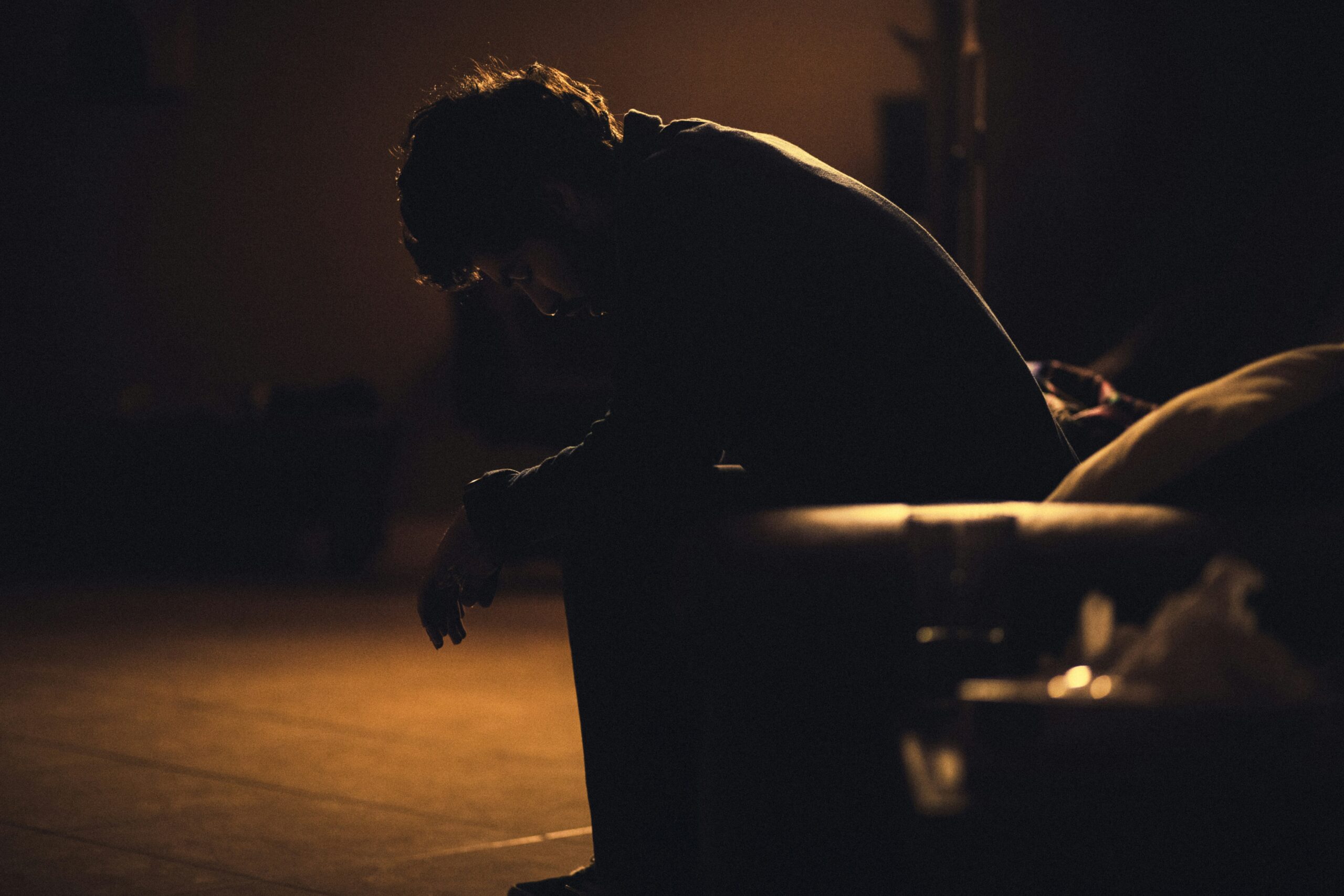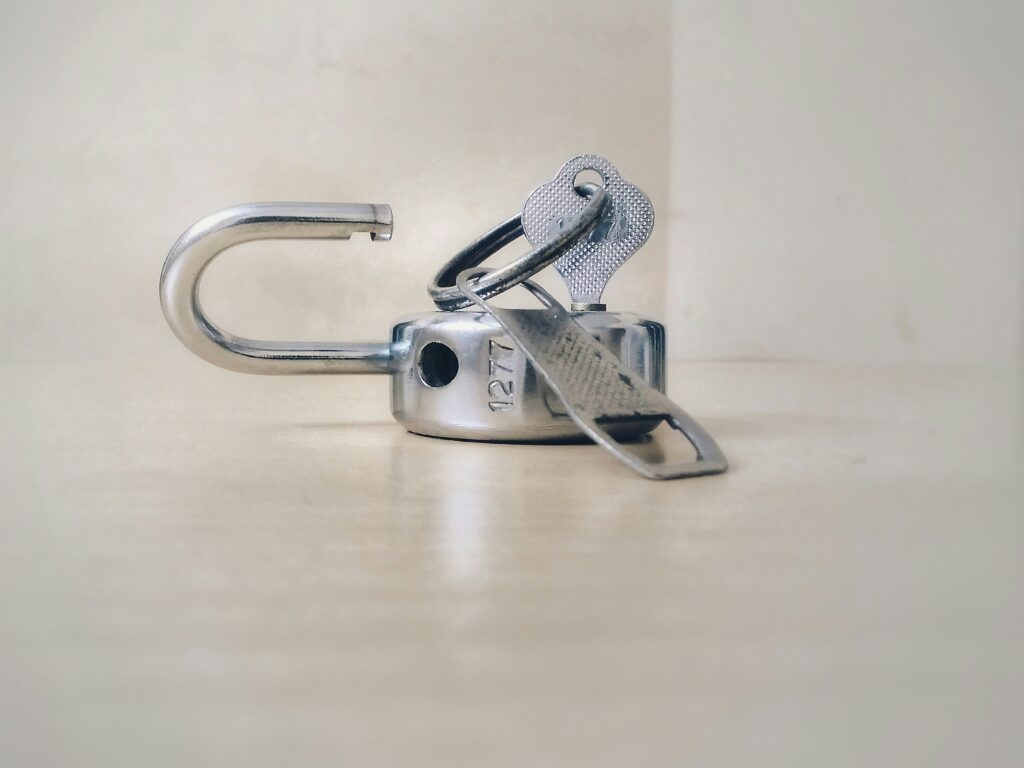Justice is a Natural Grace Marred by Sin by Kim Reisman

Scripture Focus:
But this is the new covenant I will make with the people of Israel after those days,” says the Lord. “I will put my instructions deep within them, and I will write them on their hearts. I will be their God, and they will be my people. And they will not need to teach their neighbors, nor will they need to teach their relatives, saying, ‘You should know the Lord.’ For everyone, from the least to the greatest, will know me already,” says the Lord. “And I will forgive their wickedness, and I will never again remember their sins.”
Jeremiah 31:33-34 (NLT)
One of the blessings God has given all of humanity is an intrinsic sense of justice. It’s a natural grace that God freely gives to all people. God created each of us with a finely tuned mechanism that senses when things are unfair. Though not fully realized, God’s law is within us. God has written it on our hearts. Over the years people have referred to it as our “moral compass.” It’s our built-in guide to “rightness” and “oughtness.” To a certain extent, all of us instinctively know what is right and wrong.
In his bo0k, The Jekyll and Hyde Syndrome, Stephen Shoemaker offered another way of looking at justice. He talked about a kind of “fairness meter.” Each of us has the ability to measure fairness. We have an internal meter, or indicator if you will. Originally God created our fairness indicators so that they were sensitive to all types of fairness, whether we were treating others fairly and whether we were being treated fairly.
Of course, like most things God created, over the years we have messed it up. That’s what we call sin! Sin entered our lives and tinkered with that finely-tuned mechanism. Now, when other people are wronged before our very eyes, the meter barely registers a tiny blip and there may be only a hint of moral outrage. But watch out if we are the persons being wronged! The indicator sounds off louder than a fire alarm. Unfortunately, because of sin, not only is the indicator no longer sensitive to justice for others, but a subtle dysfunction is also at work. The fairness indicator is no longer very good at telling us whether we are really being wronged. It can’t help us discern whether we just think we’re being wronged.
It’s much like the two little boys who went to the dentist one day and waited until all the patients had been seen. When the dentist came out, the older boy spoke up, “Doctor, I want a tooth taken out, and I don’t want any gas and I don’t want it deadened because we’re in a hurry.” The dentist was very impressed and smiled at the little boy and said, “Well, you’re a very brave young man. You want a tooth pulled but you don’t want any gas and you don’t want it deadened.” And the little boy said, “That’s right, ‘cause we’re in a hurry.” “Well, okay,” said the dentist, “but first, which tooth is it?” And the little boy turned to his smaller buddy and said, “Show him your tooth, Albert!”
This is the way our fairness indicators are calibrated. We don’t mind pain or mistreatment, as long as it’s not our own. When others suffer under the strains of injustice and oppression, our sense of outrage is never completely kindled. However, if it is us, or someone in our group, then the matter takes on grave importance. Recalibrating our fairness indicators, getting them back into good working order, is the goal of kindling the virtue of justice.
Last week we reflected on the classical definition of justice: giving each person their due. As y0u pray and fast this week, press the justice issue to a more personal level. How finely tuned to you believe your “fairness meter” to be? Reflect on how sensitive you are to things not being right or just. When was the last time you felt you were treated unjustly? When was the last time you observed that someone else was being treated unjustly?
I’m praying that you will become deeply aware of the calibration of your “fairness indicator,” and that it would become so finely tuned that you would sense not only personal injustice, but that it would sound off loudly for others as well.
Subscribe
Get articles about mission, evangelism, leadership, discipleship and prayer delivered directly to your inbox – for free
Related Posts



